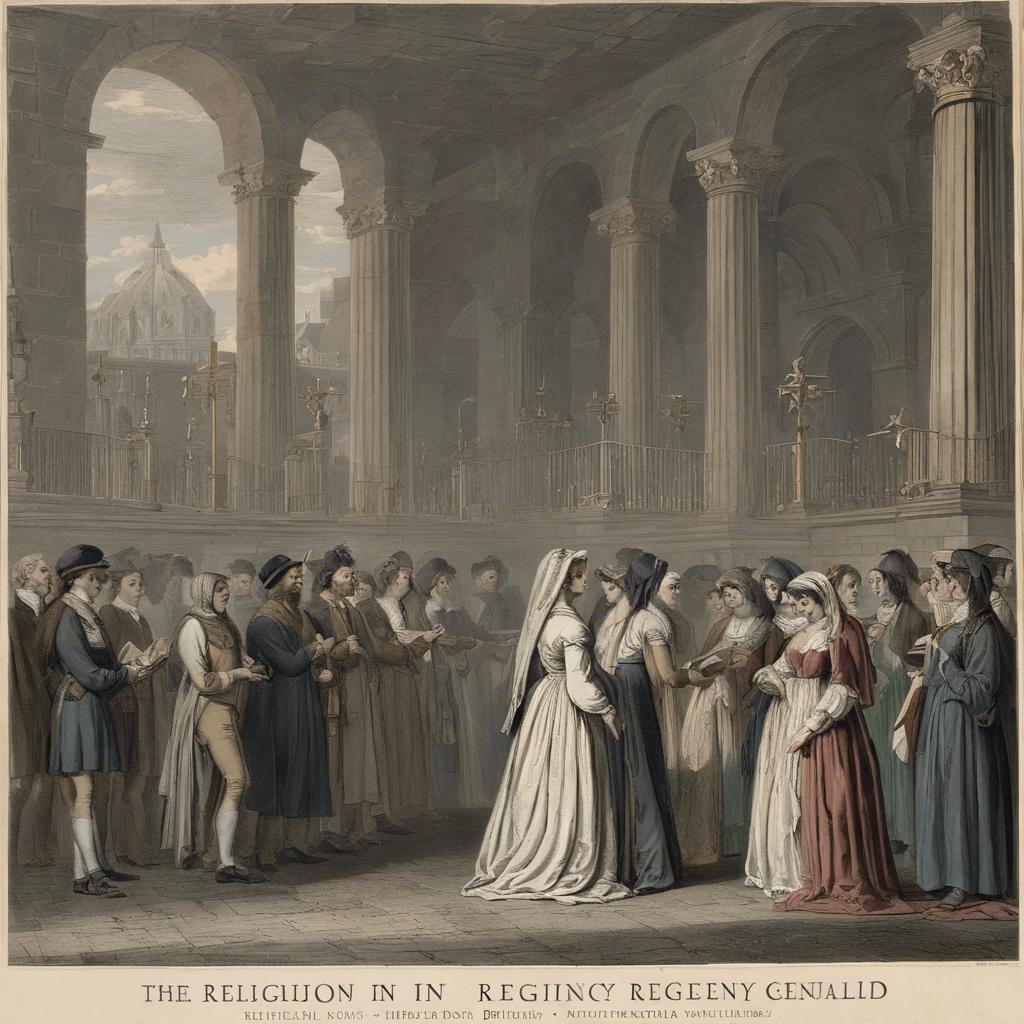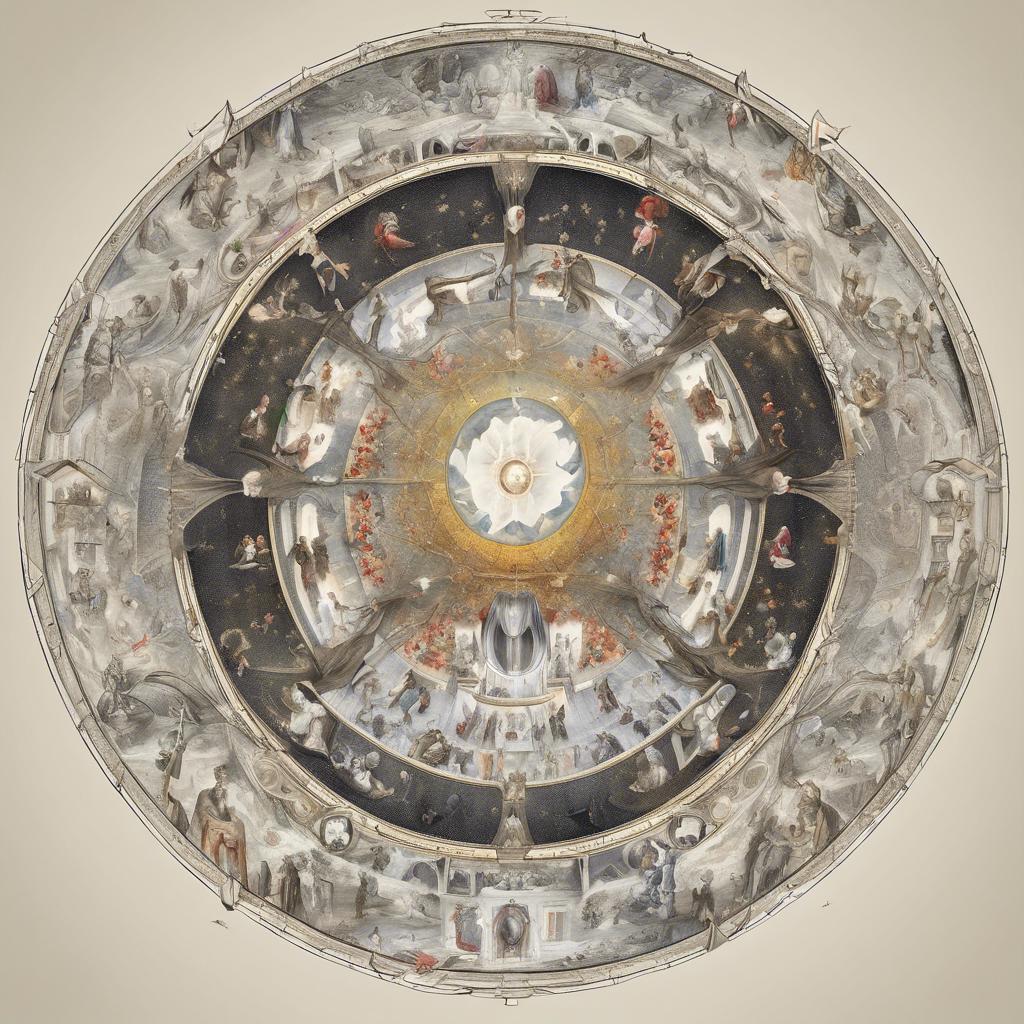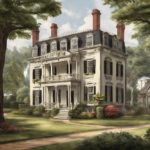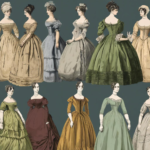During the Regency era in England, religion played a significant role in shaping society and influencing cultural norms. As the country transitioned from the Georgian era to the reign of King George IV, religious beliefs and practices underwent various changes that reflected the political and social turbulence of the time. From the continued dominance of the Anglican Church to the rise of dissenting Protestant denominations, the Regency era was a period of religious fervor and controversy. In this article, we will explore the role of religion in Regency-era England and how it influenced the lives of its inhabitants.
Step Into the World of Cheryl Bolen
Dive into the enchanting stories of love, intrigue, and elegance set in the Regency Era. Cheryl Bolen's novels offer timeless romance and captivating tales that will leave you wanting more.
Explore Cheryl Bolen's Books Now
Religion in Regency England: A Historical Overview
In Regency England, religion played a significant role in shaping society and influencing cultural norms. The Church of England was the established church during this period, and it held a position of prominence in both religious and political life. The clergy were typically members of the upper class, and the church played a key role in maintaining social order and morality.
Nonetheless, Regency England was a time of religious diversity, with various religious groups and denominations coexisting alongside the Church of England. Dissenters, such as Methodists and Baptists, faced some level of discrimination and legal restrictions, but they were able to practice their faith openly. Catholicism, which had been persecuted in England for centuries, also began to experience a revival during the Regency era.
religion in Regency England was a complex and multifaceted aspect of society that influenced everything from daily life to politics. The period saw a mix of traditional beliefs and emerging religious movements, creating a dynamic and evolving religious landscape. As England transitioned into the Victorian era, these religious changes would continue to shape the country’s identity and social structure.
The Role of Christianity in Regency Society
During the Regency era, Christianity played a significant role in shaping the values and norms of society. The Church of England, also known as the Anglican Church, was the established church in England during this time. This meant that it held a privileged position in society and its teachings influenced the moral compass of the people.
Religion was not only a spiritual force but also a social one in Regency society. Attending church services was a common practice for most people, regardless of their social status. It served as a way to uphold societal norms and promote unity among the community. The clergy played a vital role in providing moral guidance and spiritual support to the people.
Christianity also influenced the arts and literature of the Regency era. Many writers, such as Jane Austen, incorporated Christian themes and moral values into their works. The belief in redemption, forgiveness, and charity were prevalent in the stories of the time, reflecting the importance of these virtues in both personal and societal life.
Challenges to Religious Beliefs in the Regency Era
In the Regency Era, religious beliefs faced numerous challenges that tested the faith of individuals. One of the main challenges stemmed from the rise of the Enlightenment movement, which emphasized reason and science over traditional religious beliefs. As people began to question long-held religious doctrines, the authority of the church was called into doubt.
Moreover, the Napoleonic Wars brought about political upheaval and social change that further challenged religious beliefs. The instability caused by the wars led many to question the role of religion in society and whether it could provide answers in such turbulent times. Additionally, the increasing power of the state often clashed with the authority of religious institutions, causing tension and conflict.
Furthermore, advancements in science and technology during the Regency Era also posed challenges to religious beliefs. The discoveries made by scientists such as Charles Darwin and his theory of evolution raised questions about the creation stories found in religious texts. This clash between scientific evidence and religious teachings created a conundrum for many individuals trying to reconcile their faith with the changing world around them.
The Influence of Religion on Politics and Culture in Regency England
In Regency England, religion played a significant role in shaping both politics and culture during this era. The Church of England was the established church, and its influence extended beyond the spiritual realm into various aspects of society.
Religion heavily influenced the political landscape of Regency England, with members of the clergy often holding positions of power and influence. They played a key role in shaping legislation and government policies, as well as in influencing public opinion.
Furthermore, religion also had a profound impact on the culture of the time, influencing everything from art and literature to social norms and customs. Religious beliefs and practices were deeply ingrained in daily life, shaping the way people interacted with one another and viewed the world.
The Conclusion
the Regency era was a time of significant change and evolution in religious practices and beliefs. From the rise of Evangelicalism to the impact of political and social upheavals on religious institutions, the role of religion in society underwent a period of transformation. As we reflect on this fascinating era, it is clear that the religious landscape of the Regency era left a lasting legacy that continues to influence our understanding of spirituality and faith today. By delving into the rich tapestry of religious experiences during this time, we gain a deeper appreciation for the complexities of belief and the enduring power of faith in shaping communities and individuals. As we continue to explore the intersections of religion and history, let us remember the lessons and insights gleaned from the Regency era, and carry forth a sense of curiosity and reverence for the diverse spiritual journeys that have shaped our world. Thank you for joining us on this exploration of Regency era religion.


